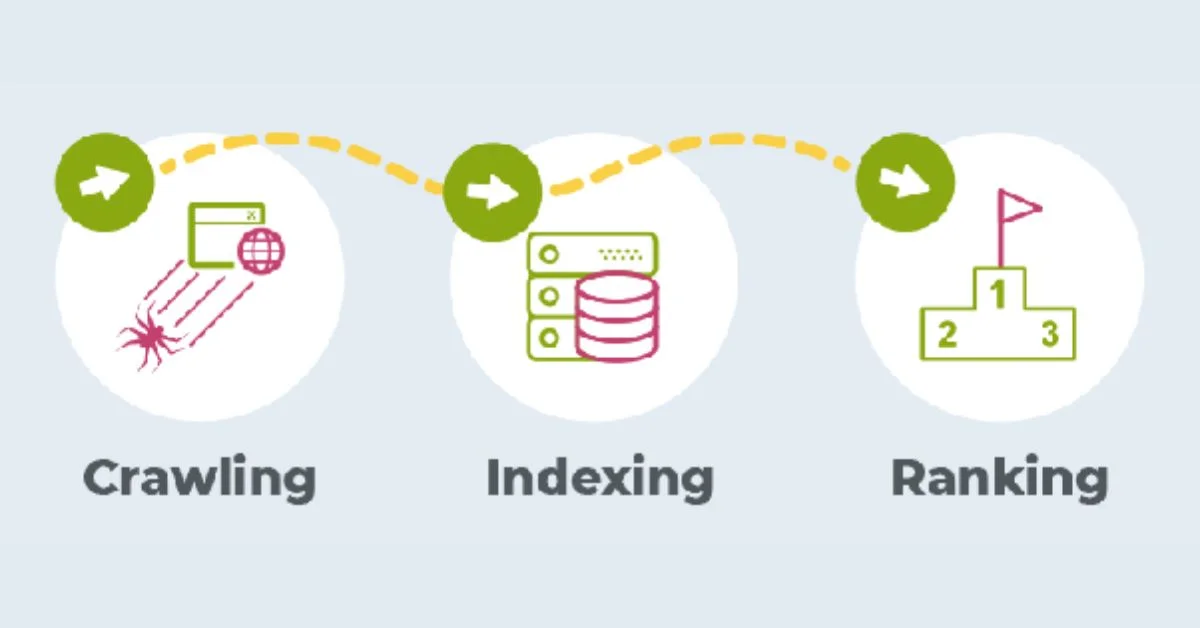In the ever-evolving landscape of digital information, understanding how Google uses keywords is crucial for anyone looking to optimize their online presence. This comprehensive guide delves into the mechanisms behind Google’s use of keywords, shedding light on how these elements influence search results and offering insights for effective SEO strategies.
The Role of Keywords in Google’s Search Algorithm
At its core, Google’s search engine is designed to provide the most relevant and useful results to users’ queries. Keywords play a pivotal role in this process, serving as the bridge between what users are searching for and the content available on the internet. Here’s how Google uses keywords to power its search engine:
1. Crawling and Indexing:
Google’s bots, also known as spiders, crawl the web to find new and updated content. Keywords within the content, URLs, and meta tags help these bots understand what each page is about. This information is then indexed, or organized, within Google’s vast database, making it retrievable when a relevant query is made.

2. Understanding Query Intent:
Google has developed sophisticated algorithms to interpret the intent behind a user’s search query. By analyzing the keywords within the query, Google determines whether the user is seeking information, looking to make a purchase, or finding a specific website. This understanding of intent helps Google deliver results that match the user’s needs.
3. Ranking Based on Relevance and Authority:
Once Google understands the intent behind a query, it ranks the indexed pages based on relevance to the keywords and the authority of the websites. Factors such as keyword density, the placement of keywords in titles and headers, and the context in which keywords are used all contribute to the relevance of a page. Meanwhile, a website’s authority is determined by metrics like backlinks, domain age, and user engagement, among others.
4. Personalization and User Experience:
Google also uses keywords to personalize search results based on the user’s location, search history, and device. This personalization ensures that the results are not only relevant to the general query but also to the specific user’s context and preferences.
5. Evolving with Semantic Search:
With the introduction of semantic search technologies like Google’s Knowledge Graph, the search engine has become better at understanding the relationships between keywords and the broader context of queries. This means Google can now offer more nuanced results that go beyond the exact match of keywords, considering synonyms, related terms, and user intent.

Strategies for Leveraging Google’s Use of Keywords
Understanding how Google uses keywords opens up opportunities for optimizing content and improving SEO strategies. Here are some actionable tips:
1. Conduct Comprehensive Keyword Research:
Identify not only the primary keywords related to your content but also secondary and long-tail keywords that users might search for. Tools like Google Keyword Planner and SEMrush can provide insights into search volumes, competition levels, and related queries.
2. Optimize Content for Relevance and Quality:
Incorporate your target keywords naturally into your content, titles, and meta descriptions. However, focus on creating high-quality, informative content that addresses the user’s needs and questions. Overusing keywords, or keyword stuffing, can negatively impact your ranking.
3. Build Authority Through Quality Backlinks:
Earning backlinks from reputable sites within your industry can significantly boost your site’s authority and ranking for targeted keywords. Focus on creating valuable content that others want to link to or engage in guest blogging on established platforms.
4. Optimize for User Intent:
Tailor your content to match the different types of user intent behind the keywords you’re targeting. Whether it’s providing informative blog posts for informational queries or showcasing product features for transactional searches, aligning your content with user intent is key.

5. Stay Updated with SEO Best Practices:
Google’s algorithms are continually updated, so it’s essential to stay informed about the latest SEO trends and best practices. Regularly review and update your content and SEO strategies to ensure they align with current standards.
Conclusion
Keywords are the foundation upon which Google’s search engine operates, acting as the connectors between users’ queries and the vast array of information available online. By understanding how Google uses keywords and integrating this knowledge into your SEO strategies, you can enhance your online visibility, drive traffic, and achieve your digital marketing goals.
Remember, the key to success in leveraging keywords is not just in their use but in the creation of valuable, relevant content that meets the needs of your target audience.
